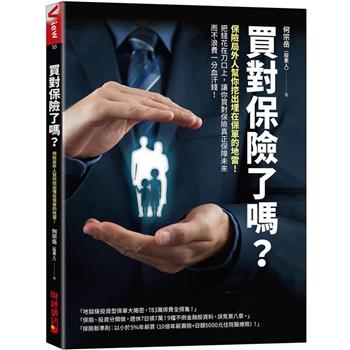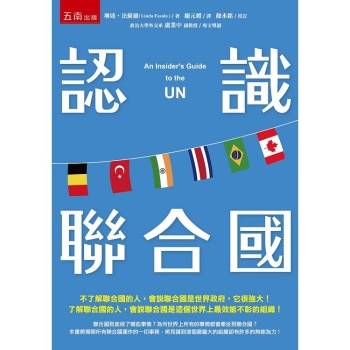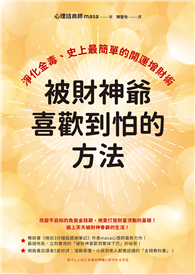This book aims to advance language program evaluation and practice, building on the author’s previous work in Blended Language Program Evaluation (Palgrave Macmillan, 2016). The book is based in theory, yet incorporates case study examples throughout each chapter. The conceptual framework is grounded in complexity and evaluative thinking, and incorporates a three-tiered approach on themes ranging from ’hybrid learning’ through to ’leadership’ and ’sustainability’. The style of the work seeks to engage stakeholders through its focus on utility and program improvement, and result in pragmatic, evidence-based results that foster quality teaching, learning, and administration. Despite being situated in a multibillion dollar global industry, few language professionals evaluate their language programs and foster improvement. This book is addressed to current language professionals and researchers, and aims to fill this gap in current knowledge and practice.
| FindBook |
有 1 項符合
Designs for Language Program Evaluation的圖書 |
 |
Designs for Language Program Evaluation 作者:Gruba 出版社:Palgrave MacMillan 出版日期:2024-10-12 語言:英文 規格:精裝 / 普通級/ 初版 |
| 圖書館借閱 |
| 國家圖書館 | 全國圖書書目資訊網 | 國立公共資訊圖書館 | 電子書服務平台 | MetaCat 跨館整合查詢 |
| 臺北市立圖書館 | 新北市立圖書館 | 基隆市公共圖書館 | 桃園市立圖書館 | 新竹縣公共圖書館 |
| 苗栗縣立圖書館 | 臺中市立圖書館 | 彰化縣公共圖書館 | 南投縣文化局 | 雲林縣公共圖書館 |
| 嘉義縣圖書館 | 臺南市立圖書館 | 高雄市立圖書館 | 屏東縣公共圖書館 | 宜蘭縣公共圖書館 |
| 花蓮縣文化局 | 臺東縣文化處 |
|
|
圖書介紹 - 資料來源:博客來 評分:
圖書名稱:Designs for Language Program Evaluation
內容簡介
作者簡介
Paul Gruba is an Honorary (Fellow) in the School of Languages and Linguistics at the University of Melbourne, Australia. Originally trained as a journalist in Alaska, he started his career in language teaching as a Peace Corps volunteer in Mali from 1983-1985, before moving to Japan and working with businesses to improve English proficiency. He has devoted much of his career to the nexus of new media and assessment. His last three books have concerned ’blended’ or ’hybrid’ language learning environments with a strong focus on elements that influence their success. Over his career, Paul has delivered keynote addresses, supervised over two dozen PhD students, and earned a global reputation as an innovator in applied linguistics.
|











